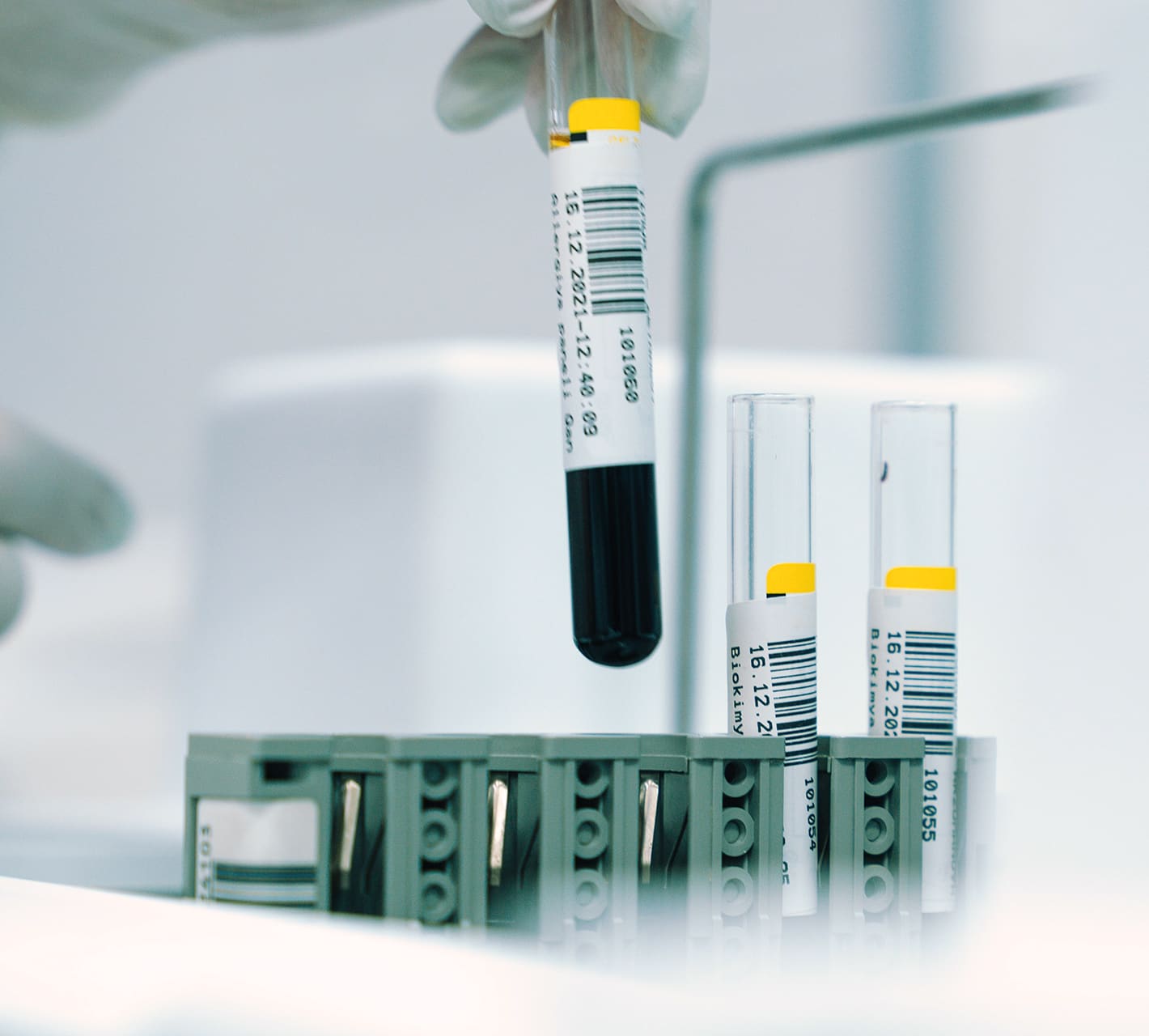The Surprising effects of Low Tesotsterone on Men
Testosterone is a sex hormone found in both men and women. This hormone is present in considerable levels in men than women. Its secretion is much higher during puberty and begins to decline past the age of 30.
Men at the age of 30 start to experience a gradual decline in testosterone production at an average rate of 1 percent per annum. Like other hormones, the level of testosterone decreases with age.
Testosterone plays a pivotal role in ensuring various essential bodily functions in men are running accordingly. They include:
* Sperm production
* Fat distribution
* Sex drive
* Bone density
* Muscle mass/strength
* Red blood cell production
Since testosterone impacts several functions, its reduction can result in considerable physical and emotional changes. That said, let’s look at how low testosterone affects a man.
SEXUAL FUNCTION
Testosterone is the sexual hormone liable for sex urge and increased libidos in men. A decline in testosterone can translate to a reduction in libido. One of the biggest concerns experienced by men facing a drop in testosterone levels is the prospect that their sex drive and performance will be greatly affected.
As men age, they can endure an array of symptoms attributed to sexual function that may be owed to a decrease in hormone testosterone levels. They include:
* Impotence
* Difficulties in achieving or maintaining an erection
* Reduced urge for sex
PHYSICAL CHANGES
A man with low testosterone levels is likely to experience a series of physical changes to his body. Testosterone is popularly known as the “male” hormone. It supports hair growth, particularly around the private parts, aids in enhancing muscle mass and muscle growth.
A decline in testosterone can cause the following physical changes in a man:
* Weak bones
* Increased fatigue
* Reduced strength/muscle mass
* Reduced body hair
* Hot flashes
* More body fat
SLEEP DISRUPTIONS
Low testosterone levels can cause a significant decline in energy levels, insomnia and even disrupt your normal sleep patterns.
Testosterone replacement can bring about sleep apnea. Sleep apnea is several medical conditions that temporarily interfere with your normal breathing patterns while asleep. This condition is life-threatening, as it can enhance the risk for other complications, such as heart attack or stroke.
Sleep apnea can cause numerous changes in your body, some of which can cause a decline in testosterone levels.
Even if you’re not suffering from sleep apnea, low testosterone levels can lead to a decrease in the number of hours you sleep a day.
EMOTIONAL CHANGES
Aside from causing physical changes, low testosterone can significantly affect you emotionally. The condition can trigger feelings of unhappiness or even depression. Many people, especially men with low testosterone levels, have memory and concentration issues due to lack of motivation and low self-esteem.
Testosterone hormone, in some ways, controls your emotions. According to studies, depression is more common among men with low levels of testosterone when compared to their counterparts with high levels of this sex hormone. This is mainly attributed to several factors, such as constant feelings of sadness, low sex drive, and exhaustion that can arise due to low testosterone.
Conclusion
As you can see, low testosterone levels in a man can have many effects starting from sexual function to emotional changes. If you’re a victim of low testosterone, you should consider seeking treatment right away to overcome the issues discussed above.
